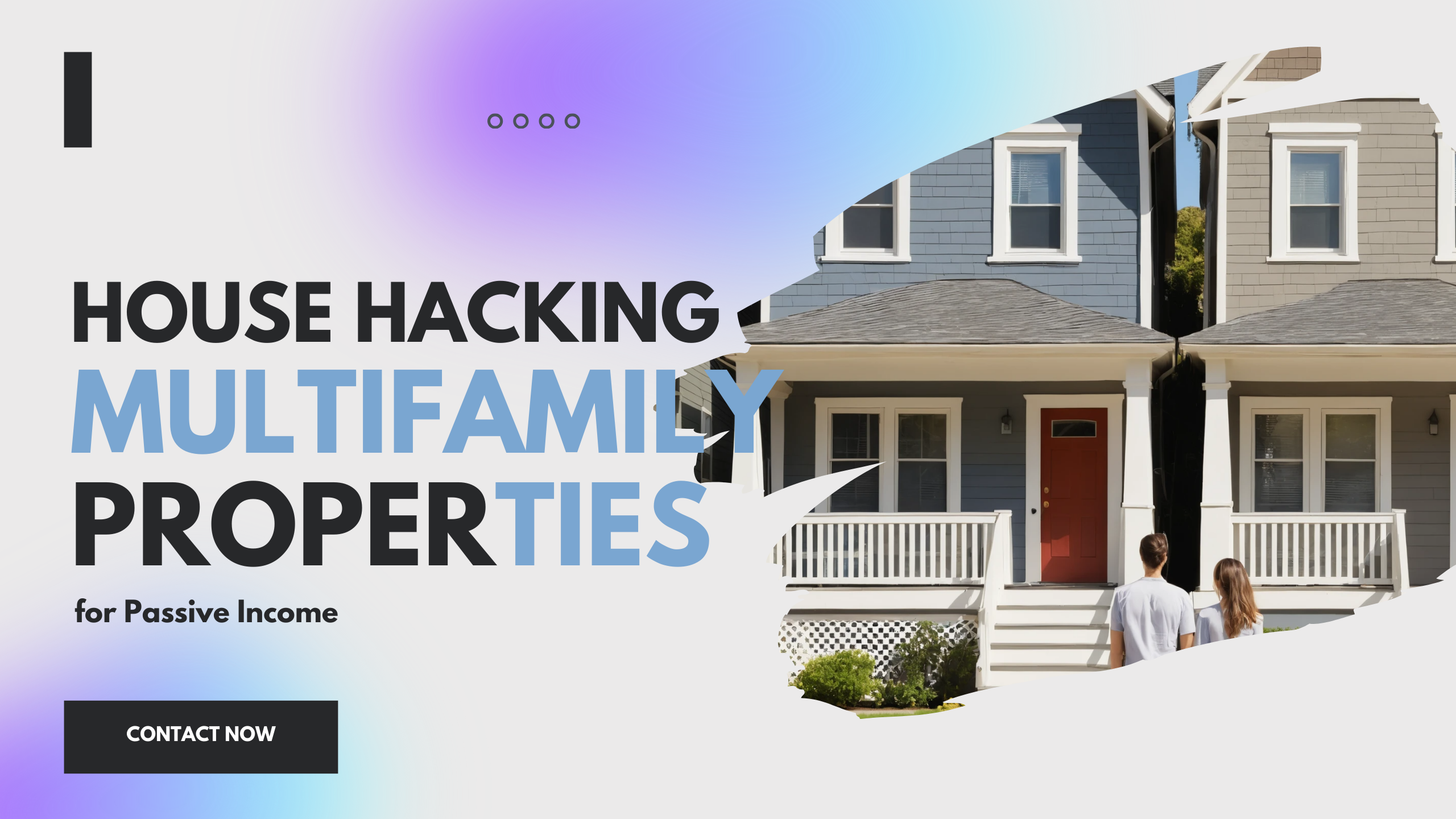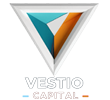Exercitation ullamco laboris nis aliquip sed conseqrure dolorn repreh deris ptate velit ecepteur duis.
House Hacking Multifamily Properties for Passive Income
-
Vestio Capital > Education > Multifamily Apartments Investing Education > House Hacking Multifamily Properties for Passive Income

House hacking is a smart investment strategy that allows individuals to generate passive income while reducing living expenses. One of the most effective ways to implement house hacking is by purchasing and living in a multifamily property. This approach not only provides a primary residence but also creates rental income that can help cover mortgage payments and build wealth over time.
What is House Hacking?
House hacking involves buying a property with multiple units, such as a duplex, triplex, or quadplex, and living in one unit while renting out the others. This strategy offers several financial advantages:
Reduced Housing Costs: Rent from the other units can offset your mortgage, potentially allowing you to live for free or at a reduced cost.
Passive Income: Any surplus rental income beyond your housing expenses contributes to your cash flow.
Tax Benefits: Property owners can take advantage of tax deductions, including mortgage interest, property taxes, and depreciation.
By leveraging these advantages, house hacking becomes an accessible way for individuals to enter the real estate market, even with limited capital.
Why Choose Multifamily Properties?
Multifamily properties are ideal for house hacking because they provide multiple income streams under one roof. These properties typically qualify for residential loans, making them accessible to first-time buyers. Additionally, multifamily units allow investors to scale their rental portfolio more efficiently than single-family homes.
Investing in multifamily properties can also help mitigate risk. For instance, if one unit is vacant, the income from other rented units can still contribute to covering your mortgage and other expenses. This diversified income stream provides financial stability and reduces the overall impact of tenant turnover.
Steps to Start House Hacking

Research the Market:
Begin by identifying areas with high rental demand and favorable property prices. Analyze neighborhood trends, rental rates, and proximity to amenities such as schools, public transportation, and employment hubs. A thorough market analysis will help you select a location that attracts reliable tenants and ensures steady cash flow.Secure Financing:
Explore financing options, including FHA or VA loans, which often have low down payment requirements. FHA loans, for example, allow buyers to purchase multifamily properties with as little as 3.5% down, provided they live in one of the units. Ensure that your credit score and financial documents are in order to qualify for favorable loan terms.Choose the Right Property:
Look for a multifamily property that fits your budget and offers potential for rental income. Focus on properties that require minimal upfront repairs or have value-add opportunities, such as outdated units that can be upgraded to justify higher rents. Conduct a detailed inspection to identify any structural or maintenance issues before making a purchase.Screen Tenants Carefully:
Reliable tenants are essential for consistent cash flow and maintaining the property. Develop a thorough tenant screening process, including background checks, credit history reviews, and income verification. Establish clear rental policies and ensure tenants understand their responsibilities.Manage Finances Wisely:
Allocate rental income toward paying down your mortgage or saving for future investments. Create a budget that accounts for property management costs, maintenance expenses, and unexpected repairs. Keeping a reserve fund will help you handle emergencies without financial strain.Utilize Property Management Tools:
Consider using property management software to streamline tasks such as rent collection, maintenance requests, and tenant communication. These tools can help you save time and ensure the property operates efficiently.
Benefits of House Hacking for Passive Income
Financial Freedom:
Passive income from tenants can help you achieve long-term financial independence. By reducing or eliminating your housing costs, you free up funds for other investments, savings, or personal goals.Equity Building:
As you pay down your mortgage, you build equity in the property. This equity can be leveraged for future investments, such as purchasing additional rental properties or funding major renovations.Learning Opportunity:
Managing a rental property provides valuable experience in real estate investing. House hacking serves as a hands-on education in property management, tenant relations, and financial planning, preparing you for larger-scale investments in the future.Tax Advantages:
Owning a multifamily property comes with numerous tax benefits. You can deduct expenses related to property management, repairs, and depreciation. Additionally, the income generated from rental units may be taxed at a lower rate than traditional earned income, further boosting your overall returns.
Challenges of House Hacking
While house hacking offers significant benefits, it also comes with challenges that require careful consideration:
Tenant Management:
Living in close proximity to tenants can blur the lines between personal and professional relationships. Establishing clear boundaries and maintaining professionalism is crucial.Maintenance Responsibilities:
As the property owner, you’ll be responsible for addressing maintenance requests and ensuring the property meets safety standards. This can be time-consuming, especially for first-time investors.Initial Investment:
While house hacking minimizes long-term costs, the upfront investment for down payments, closing costs, and initial repairs can be significant. Proper financial planning is essential to manage these expenses.
Is House Hacking Right for You?
House hacking multifamily properties is an excellent strategy for those looking to enter the real estate market with limited capital. However, it requires careful planning, market research, and a willingness to manage tenants. Before embarking on this journey, assess your financial goals, risk tolerance, and availability to handle property management tasks.
If you’re comfortable with the responsibilities and eager to learn the intricacies of real estate investing, house hacking can pave the way for significant passive income and wealth creation. Start by educating yourself on market trends, connecting with experienced investors, and building a network of real estate professionals to guide you through the process.
Conclusion
House hacking is a powerful strategy for generating passive income and building long-term wealth. By purchasing a multifamily property, living in one unit, and renting out the others, you can reduce your housing costs, create additional income streams, and gain valuable experience in real estate investing. Though it requires effort and careful planning, the rewards of house hacking—financial freedom, equity building, and personal growth—make it an attractive option for aspiring investors. Whether you’re a first-time buyer or looking to expand your portfolio, house hacking offers a proven pathway to achieving your real estate goals.

